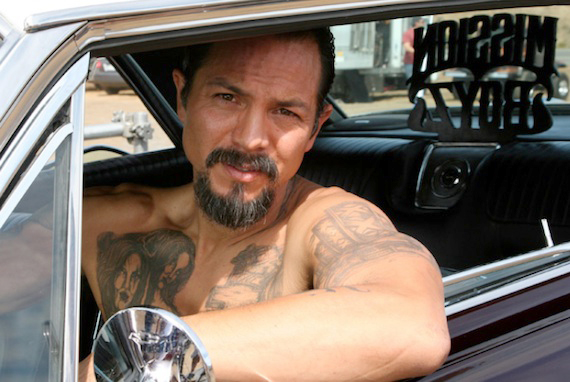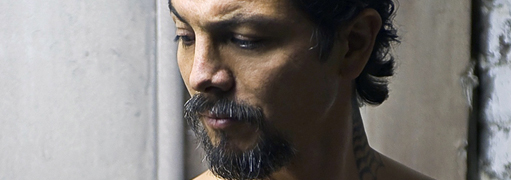Film Review: La Mission
Neighborhood Drama Paints Vivid Portrait Of People, Places And Prejudices


Latest Article|September 3, 2020|Free
::Making Grown Men Cry Since 1992

